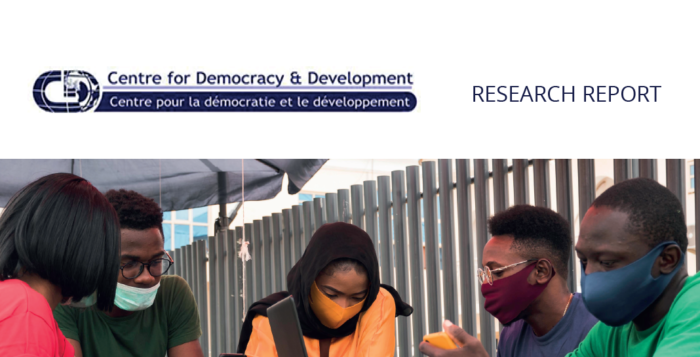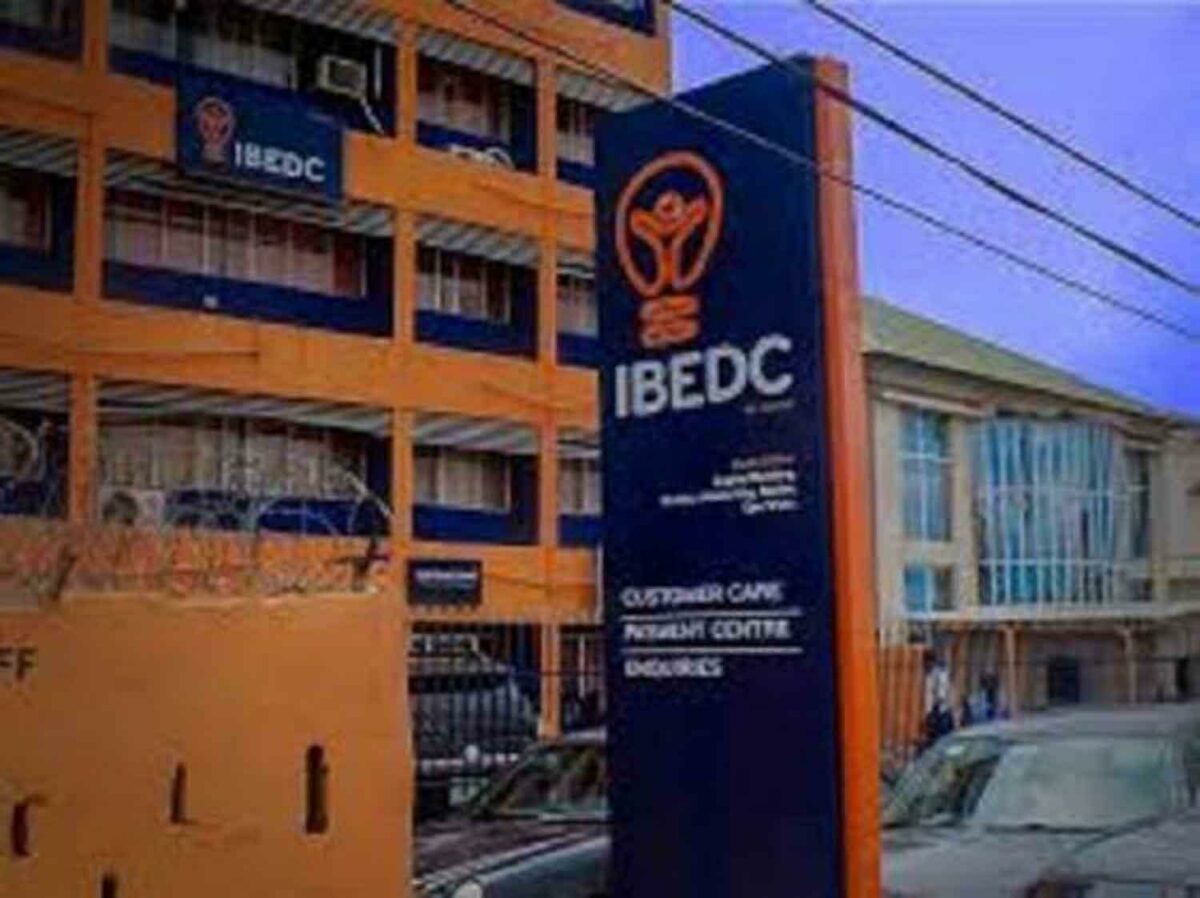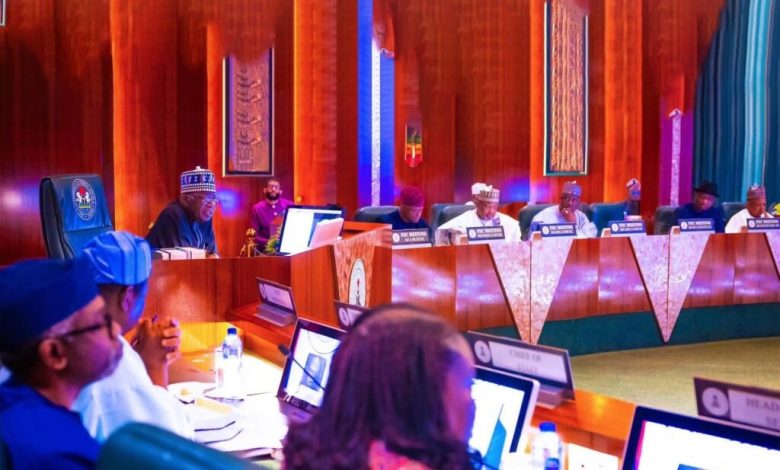The Centre for Democracy and Development (CDD-West Africa), a research training and advocacy organisation, has revealed that many social media influencers are getting paid to spread disinformation in Nigeria.
In its recent report, CDD reveals that there is a surge in the rate of disinformation as the 2023 presidential election draws closer.
According to the organisation, this increase in disinformation is targeted at “glorifying or delegitimising political candidates and undermining the credibility of the Independent National Electoral Commission (INEC)”.
READ ALSO: SPECIAL REPORT: How IPOB Used Disinformation to Push Secession Agenda
It also maintains that political parties are enabling disinformation in the background via unofficial party accounts and hired influencers.
With some prominent political social media influencers earning up to N500,000 monthly, the CDD report shows that the “disinformation ecosystem” has created lucrative opportunities for the Nigerian youth.
Although the report notes that not all influencers are paid, it reveals that those who get paid understand that politicians have come to terms with the significance of social media in politics.
“Pre-existing cleavages, identity politics and the insecure political and ethnoreligious landscape of the Nigeria democratic system engenders the spread of disinformation in the country,” the report reveals.
“The users of the tools and platforms being used to peddle fake news online are increasing and becoming more innovative than in previous polls.”
ADDRESSING DISINFORMATION
To tackle the rising disinformation and fake news during election seasons, the CDD stresses the need for collaborative and multistakeholder approaches to strengthen the positive elements of social media.
The CDD also urges social media companies to be proactive in moderating content in local languages and creating a more digitally informed and educated citizenry that can differentiate fact from fiction.
“This should be the focus not just of social media companies, but also civil society groups and media outlets who can work to educate their audience through fact-checking and civic education,” the report reveals.
“In addition, technical support to government agencies on how to engage on social media platforms and manage proactive and strategic communication across board both offline and online to reduce disinformation is needed and can be part of gradual efforts to rebuild trust.”
Subscribe
Be the first to receive special investigative reports and features in your inbox.















